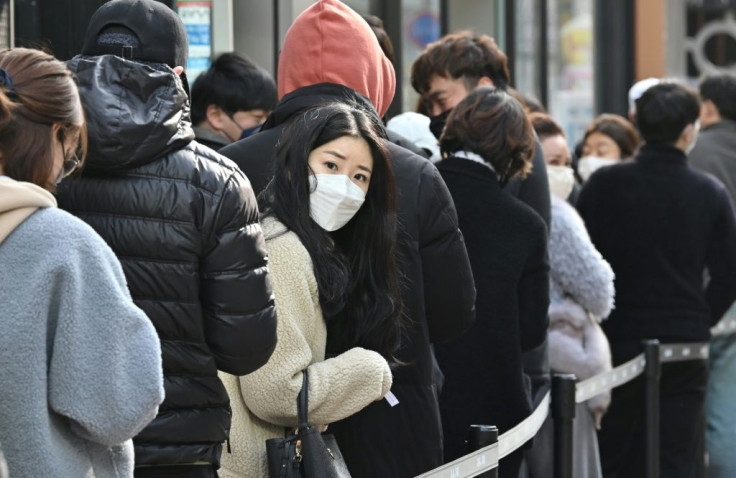Surgeon General: Stop Buying Surgical Masks Since They Cannot Protect You Against Coronavirus
KEY POINTS
- About 88 confirmed cases of coronavirus and 2 deaths reported in the U.S
- People’s purchasing of surgical masks have resulted in a shortage of supplies that affects the healthcare workers
- U.S. Surgeon General tweeted asking a person to stop buying masks unless they are sick or caring for someone who is
U.S. Surgeon General urges people to stop purchasing masks. Not just because they are ineffective at preventive coronavirus infections but mainly because a shortage can really affect all the healthcare providers taking care of sick patients. Practicing everyday actions such as washing your hands more frequently and staying home when you’re sick is enough to protect yourself against the deadly virus.
“Seriously people- STOP BUYING MASKS!” he tweeted. “They are NOT effective in preventing the general public from catching #Coronavirus, but if healthcare providers can’t get them to care for sick patients, it puts them and our communities at risk!”
Panicked customers have been ordering masks online and it has not only led to the surging price of the masks including N95s but has also brought about the emergence of several counterfeit products.
Health experts worldwide have been urging people to stop buying masks unless they are sick or caring for an ill person. Healthcare professionals require a large supply of protective equipment including masks, gloves and gowns to safeguard themselves and others since they are the ones who are in direct contact with infected individuals. They need to change them regularly and people ordering them for others could result in a shortage.
“There are severe strains on protective equipment around the world,” the New York Times mentioned Dr. Michael J. Ryan, executive director of the health emergency program at the World Health Organization. “Our primary concern is to ensure that our front line health workers are protected and that they have the equipment they need to do their jobs.”
Per WHO’s guidelines, healthcare workers use surgical masks to cover their nose and mouths but the CDC recommends wearing N95s that are thicker ones that fit more tightly around the mouth and nose to block out even smaller particles. While several stores across the nation have run out of masks, several orders via inline shipments have been pushed back.
The fear of being infected from coronavirus has also resulted in a shortage of supplies including the hand sanitizers. Store shelves have been stripped bare of these products since many are filling their shopping carts to the brim.

© Copyright IBTimes 2025. All rights reserved.






















